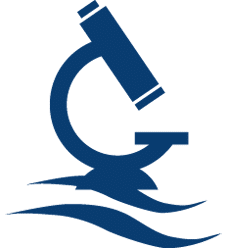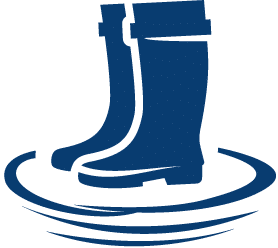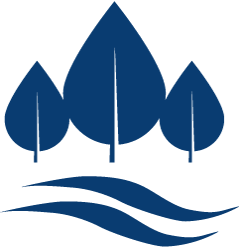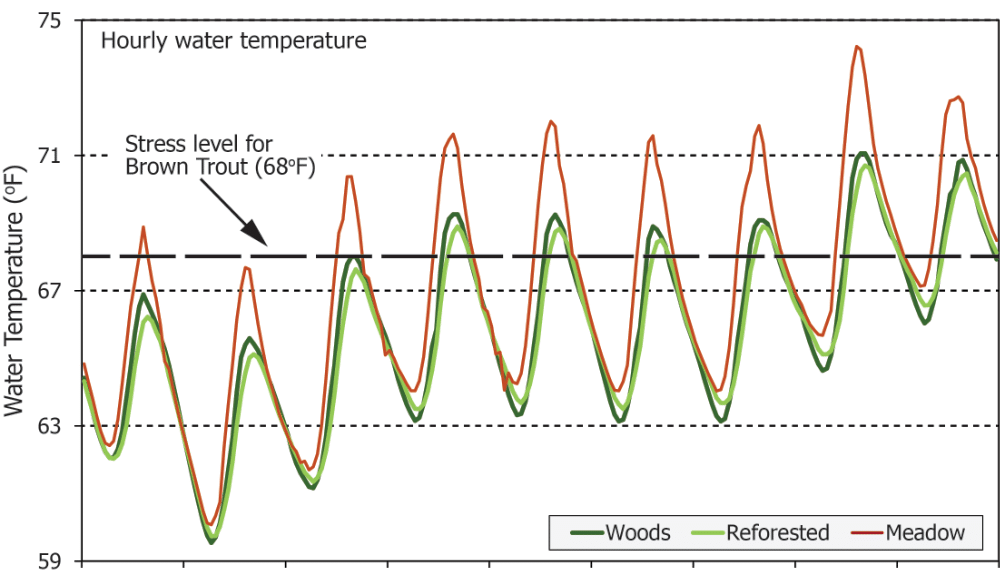Since 1967, Stroud Water Research Center has focused on one thing — fresh water.
We advance knowledge and stewardship of freshwater systems through global research, education, and watershed restoration.
What We Do
Support Our Work
Latest News

Deep metagenomic sequencing unveils novel SAR202 lineages and their vertical adaptation in the ocean
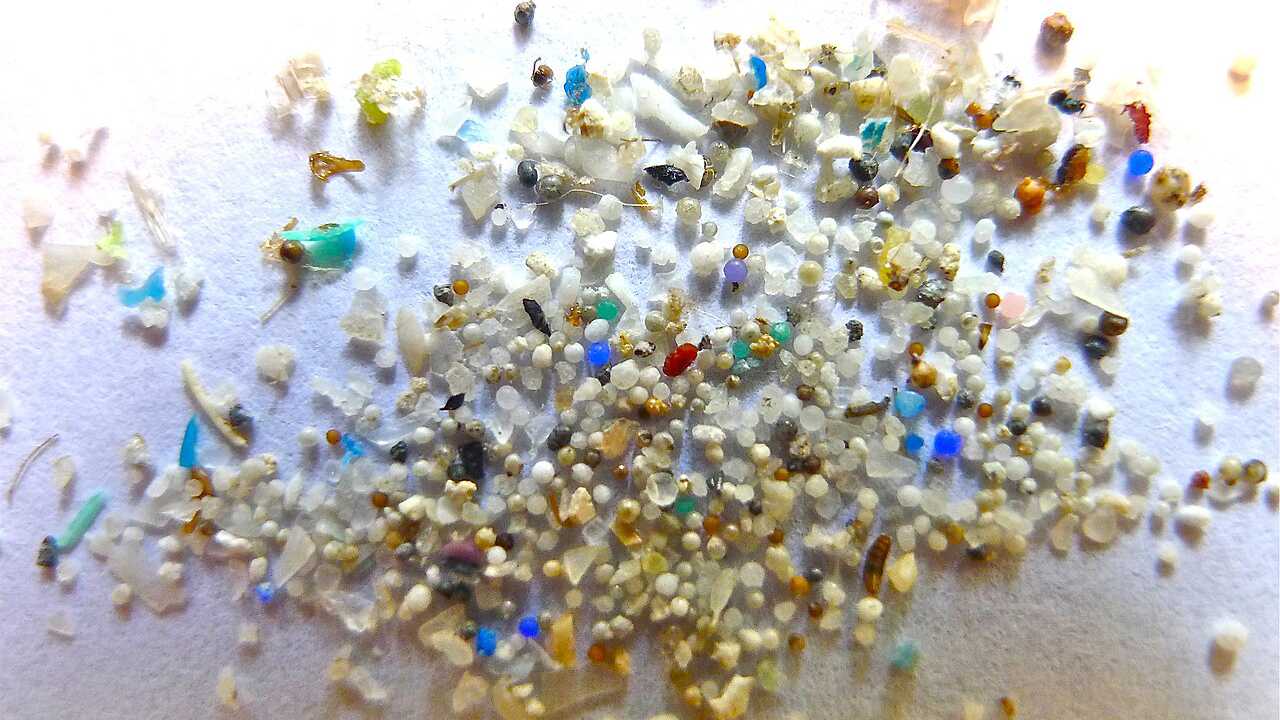
Unseen Intruders: Microplastics in Our Rivers
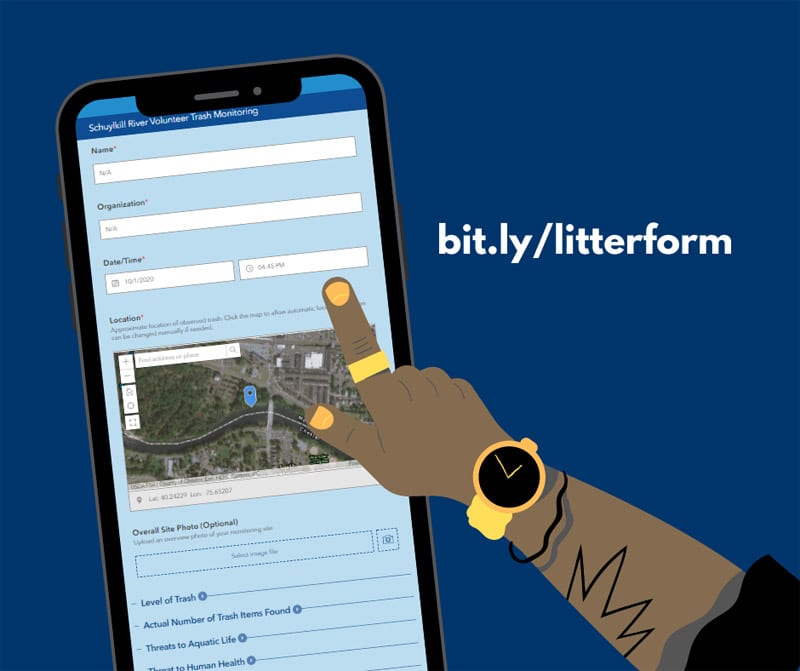
Empowering People: Trash Monitoring Along the Schuylkill River
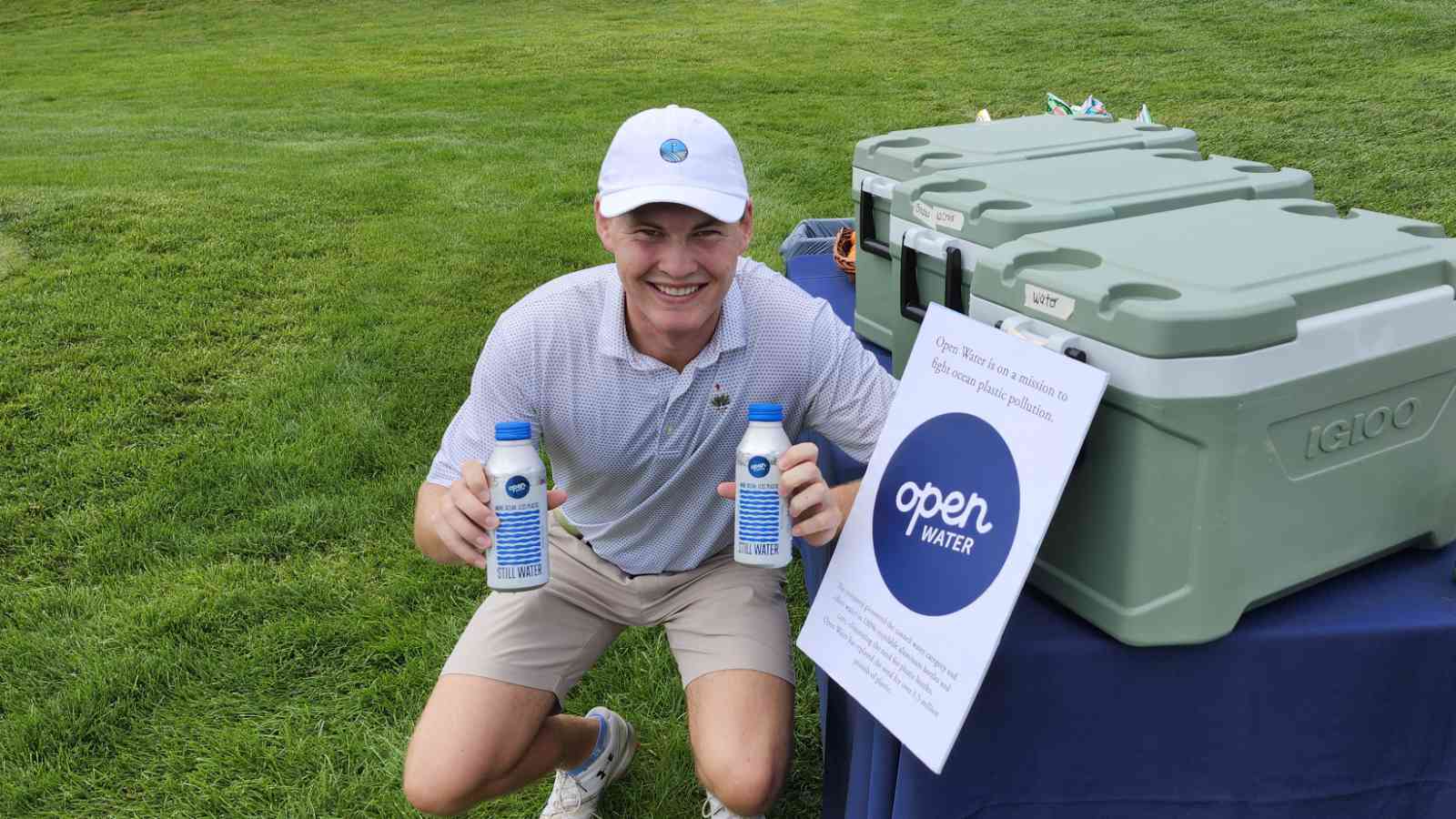
Celebrating Plastic Free July with Our Friends: Open Water
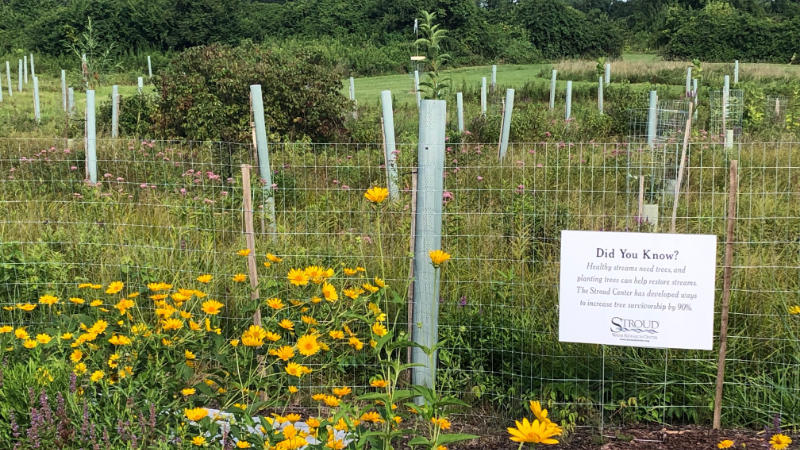
A Busy Spring at the Stroud Center
Featured Initiatives and Partnerships
WikiWatershed® web tools offer watershed data visualization, geospatial analysis capabilities, and science-based predictions of human impacts on stormwater runoff and water quality.
The Water Quality mobile app is a water-monitoring data-collection and learning tool designed for use by educators and their students, citizen scientists, and researchers.
EnviroDIY™ is a community where members ask and answer questions and network within interest groups to develop do-it-yourself environmental science and monitoring devices.
The Society for Freshwater Science Taxonomic Certification Program ensures skilled persons are providing aquatic invertebrate identifications in North America.
The Leaf Pack Network® is an international network of teachers, students, and citizen monitors using a simple experiment to determine the health of their local streams.
The Consortium for Scientific Assistance to Watersheds provides free technical assistance to Pennsylvania-based watershed and conservation organizations.
Upcoming Events
Watershed Education on the Conestoga River
July 29 – August 2Creating on the Conestoga: A Plein Air Event
August 1, 3:00 PM – 5:00 PM EDTCelebrating 75 Years: Ruth Patrick and Her Legacy Study of the Conestoga
August 1, 6:30 PM – 8:00 PM EDTLearn Do-It-Yourself Electronics for Environmental Monitoring
August 13 – August 14Catch the Rain Workshop
August 13, 6:00 PM – 8:00 PM EDTSlimy Leaves for Healthy Streams: A Leaf Pack Network Workshop
September 14, 9:00 AM – 3:00 PM EDT

